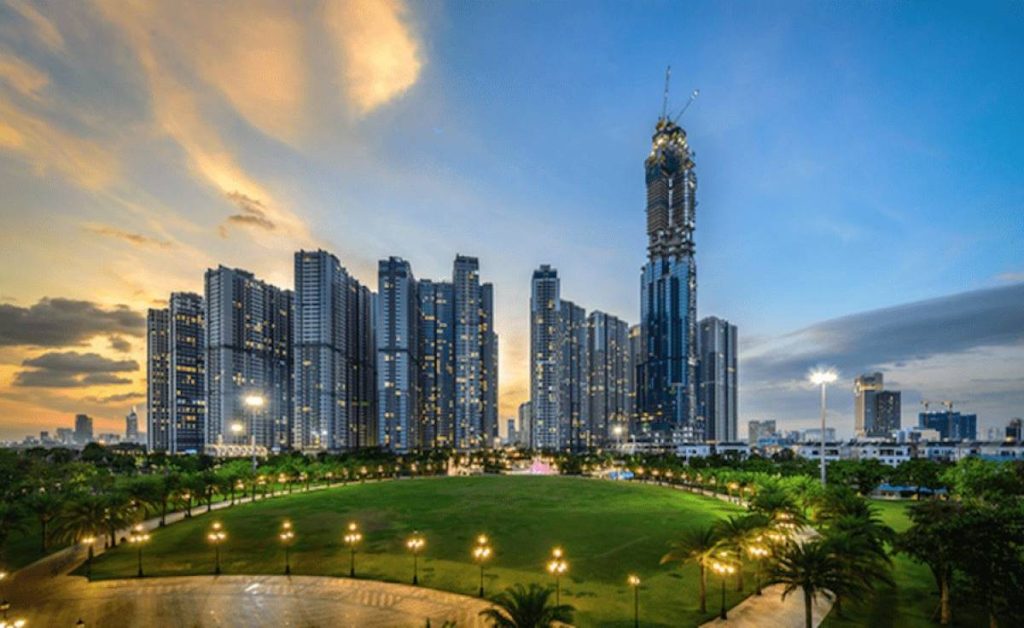Vietnam’s real estate and hospitality industries are undergoing a strong green transformation — not only to meet sustainable development requirements but also to optimize costs, increase asset value, and ensure long-term profitability. However, investment capital and payback period remain major challenges for businesses.

As the world moves toward the “net-zero emissions” goal, green transformation has become an inevitable trend in Vietnam’s real estate and hospitality markets. Beyond environmental compliance, it is also a long-term economic strategy as enterprises realize that green investment equals sustainable financial performance.
At the “Green Leadership – Net Zero Future” conference, Ms. Mai Kim Liên, Deputy Director General of the Department of Climate Change under the Ministry of Agriculture and Environment, shared that Vietnam’s legal framework on climate change, energy, and environment is becoming increasingly complete and harmonized. These policies form an important foundation that helps businesses orient toward green development — meeting national goals while enhancing international competitiveness.
From an operational perspective, the hospitality sector is among the largest energy consumers. Energy costs account for around 4–6% of total operating expenses, with electricity consumption representing up to 60% of that. Investment in energy-efficient solutions and intelligent HVAC systems therefore not only carries environmental significance but also directly impacts financial efficiency.
Mr. Huỳnh Phước Cường, Deputy General Director of Gree Vietnam Air Conditioning Company, said:
“Gree has always been a pioneer in providing energy-saving solutions for all types of buildings. We focus on developing intelligent HVAC systems that apply advanced technologies to reduce power consumption and utilize clean energy. Although initial investment costs are higher, in the long run, businesses will significantly save on operating costs and enhance sustainable profitability.”
Mr. Owen Li, Regional Sales Director for Asia-Pacific at Gree Global, also emphasized that globally, “carbon footprint” has become a competitive indicator in the real estate and tourism industries. Green projects not only help reduce emissions but also enhance corporate reputation and brand value. He suggested that Vietnam should promote a tripartite cooperation model among the government, enterprises, and solution providers to ease capital pressure and share benefits during green transformation.
In reality, as sustainable investment and ESG standards gain popularity, green buildings are increasingly favored by investors and buyers. Projects that adopt energy-efficient technologies and eco-friendly materials tend to have higher asset value, better rental performance, and lower legal risks in the future.
Nevertheless, capital remains the biggest obstacle. Green technology investments require substantial costs for equipment, certification, and workforce training, while capital recovery takes time. Therefore, government support through tax incentives, green credit, and sustainable investment funds is crucial to help businesses navigate the transition.
In summary, “greening” is opening a new path for Vietnam’s real estate market, where profitability stems not only from scale but also from operational efficiency and sustainable value. Businesses that adapt early and invest strategically will gain a competitive edge in an increasingly green-driven global marketplace.


 Zalo
Zalo Webchat
Webchat